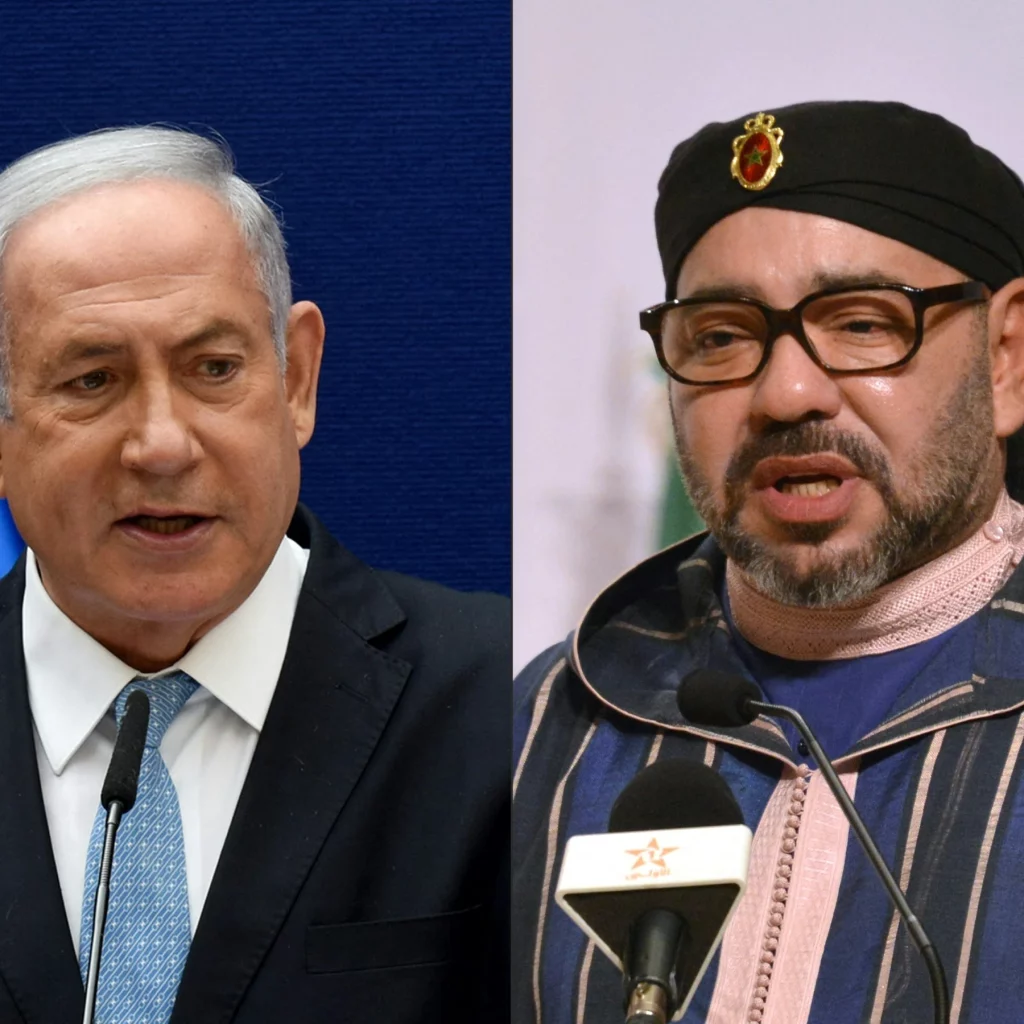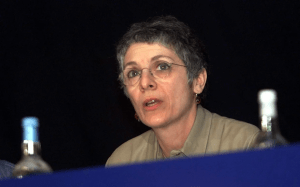Israel’s new government mulls Western Sahara deal

The question of when, or perhaps even ‘if’, Israel formally recognises Morocco’s claim to sovereignty of the Western Sahara surfaced just recently in the Moroccan press which noted the new appointment of an Israeli official in its foreign affairs ministry and his arduous task: to negotiate a deal which allows Israel full status diplomatically in Rabat, while acknowledging ‘Moroccan Sahara’.
Moroccan newspaper Al-Ayyam 24 reported on January 27th that this prickly subject resurfaced with the formation of Netanyahu’s new controversial government and the appointment of Ronen Levy, a senior and former secret official of the Israeli General Security Service Shin Bet and the architect of the Abraham Accords, to the position of the general directorate of the Ministry of Foreign Affairs.
READ “Israel needs to recognize Morocco’s claim to Western Sahara” says Berman
The newspaper disclosed: “Levy’s mission does not stop at raising the level of diplomatic cooperation with the Kingdom of Morocco, but also about negotiating with the strict Moroccan condition that Rabat places on Netanyahu’s table, which is the full recognition of Morocco’s sovereignty over its desert.”
Relations between Levy and key figures in Rabat will play a big role, notably Moroccan Foreign Minister Nasser Bourita and the monarch’s senior advisor, Fouad Ali El Himma.
On 10 December, 2020, former US President Donald Trump announced his country’s recognition of Morocco’s sovereignty over the Sahara territory and the opening of a US consulate in the city of Dakhla, in the disputed territory between Rabat and the Polisario Front.
The Polisario Front and Rabat are fighting over the Sahara region. The latter insists on its right to the area and proposes expanded autonomy under its sovereignty, while the Polisario calls for the organisation of a referendum for self-determination.
In 1975, a conflict began between Morocco and the Polisario Front over the Sahara region after the Spanish occupation ended its presence in the region, turning the dispute into an armed conflict that lasted until 1991 with the signing of a ceasefire.
Want to chase the pulse of North Africa?
Subscribe to receive our FREE weekly PDF magazine














